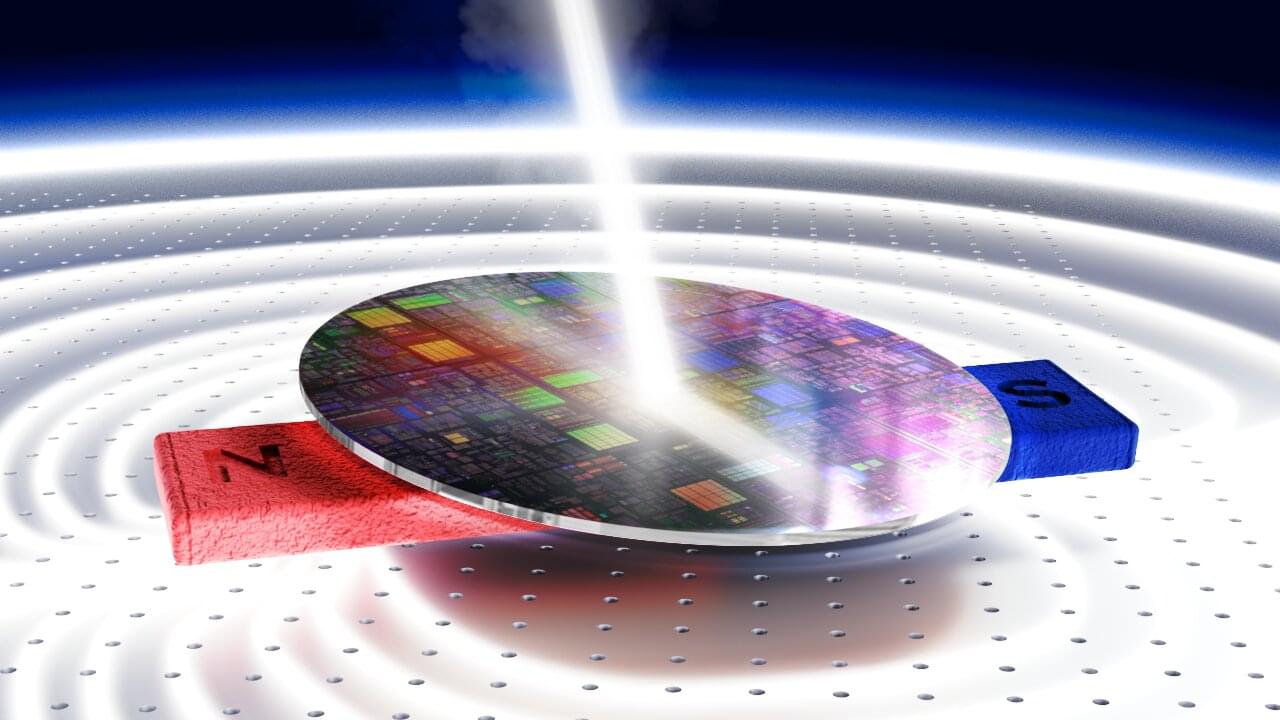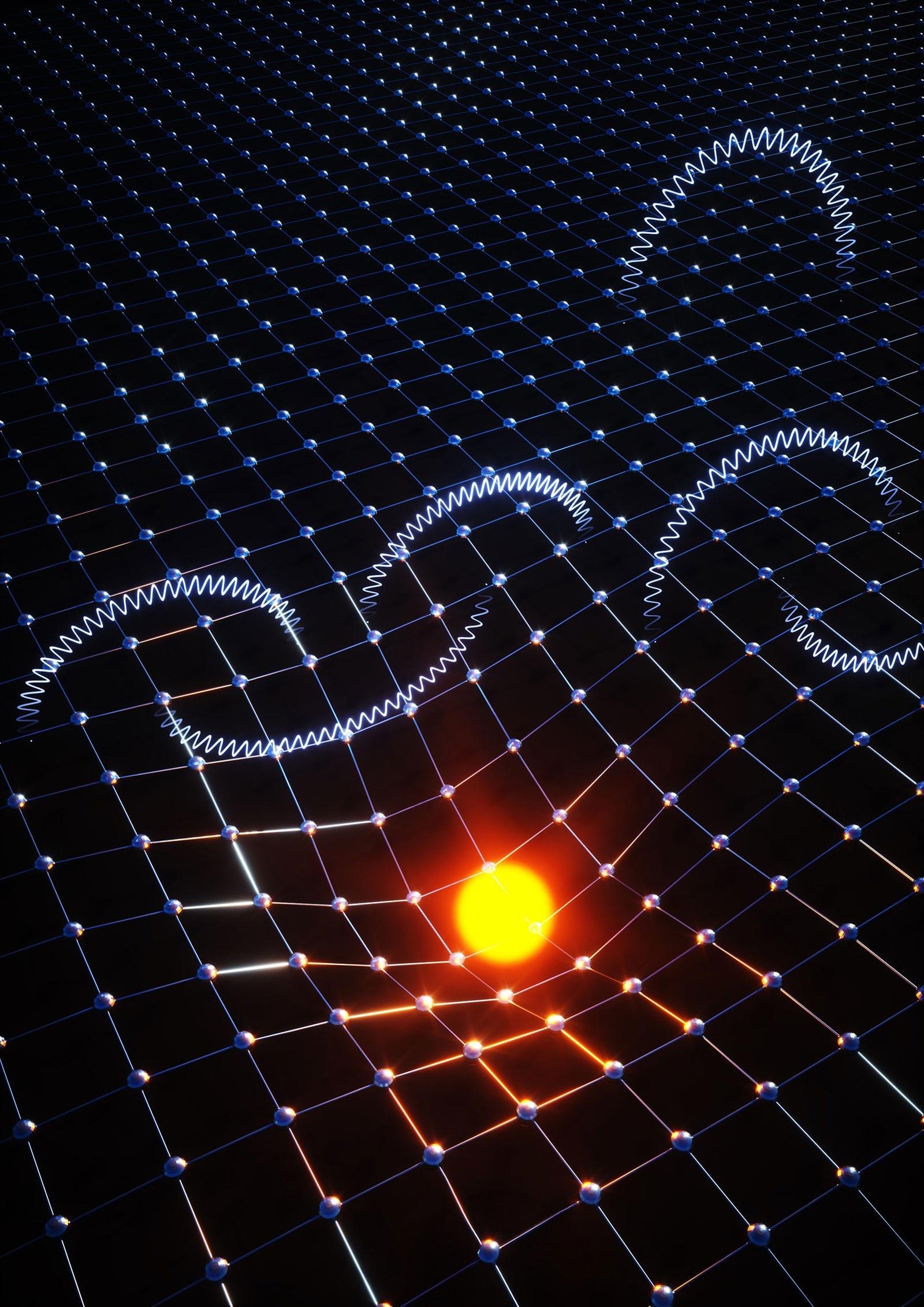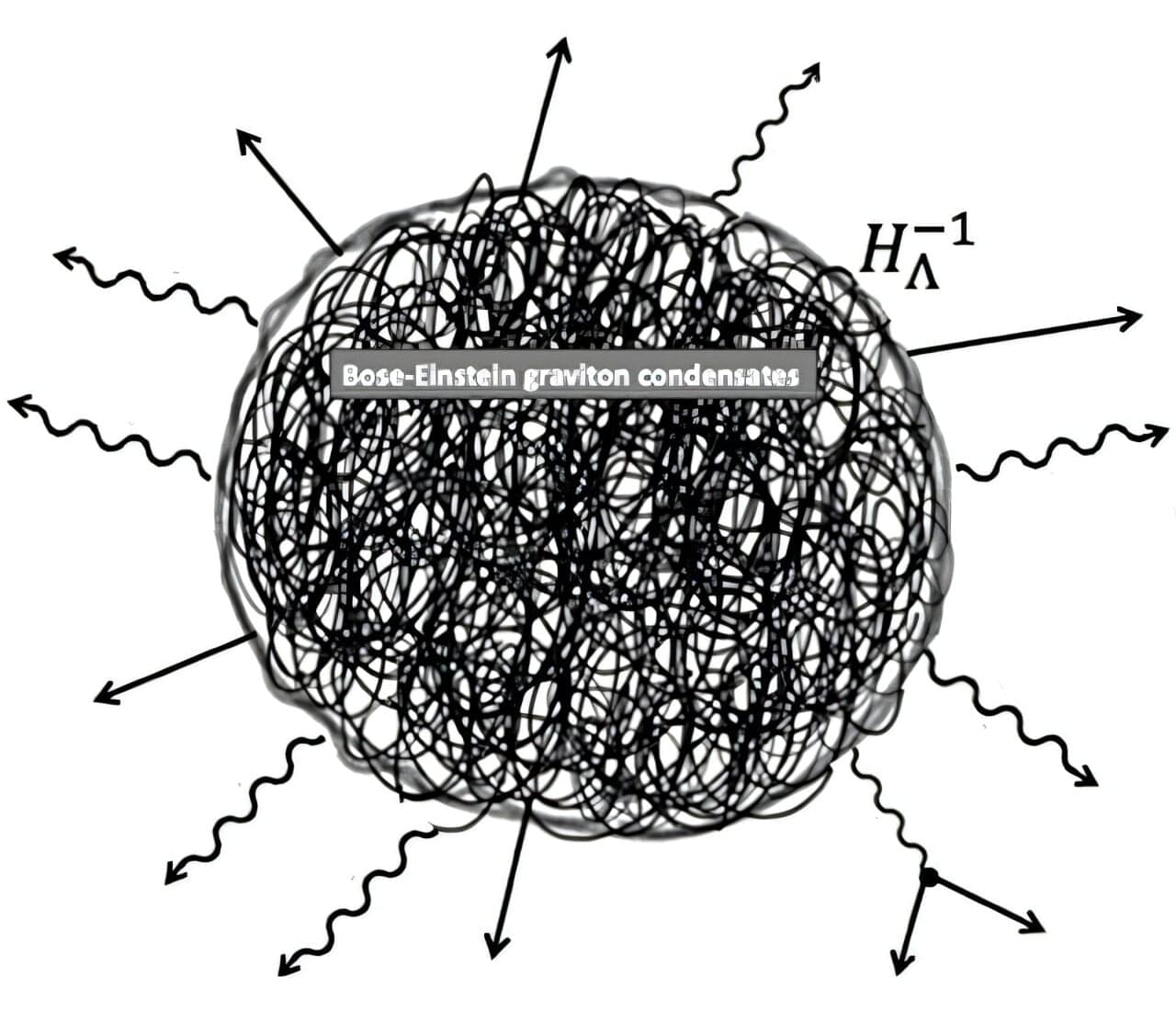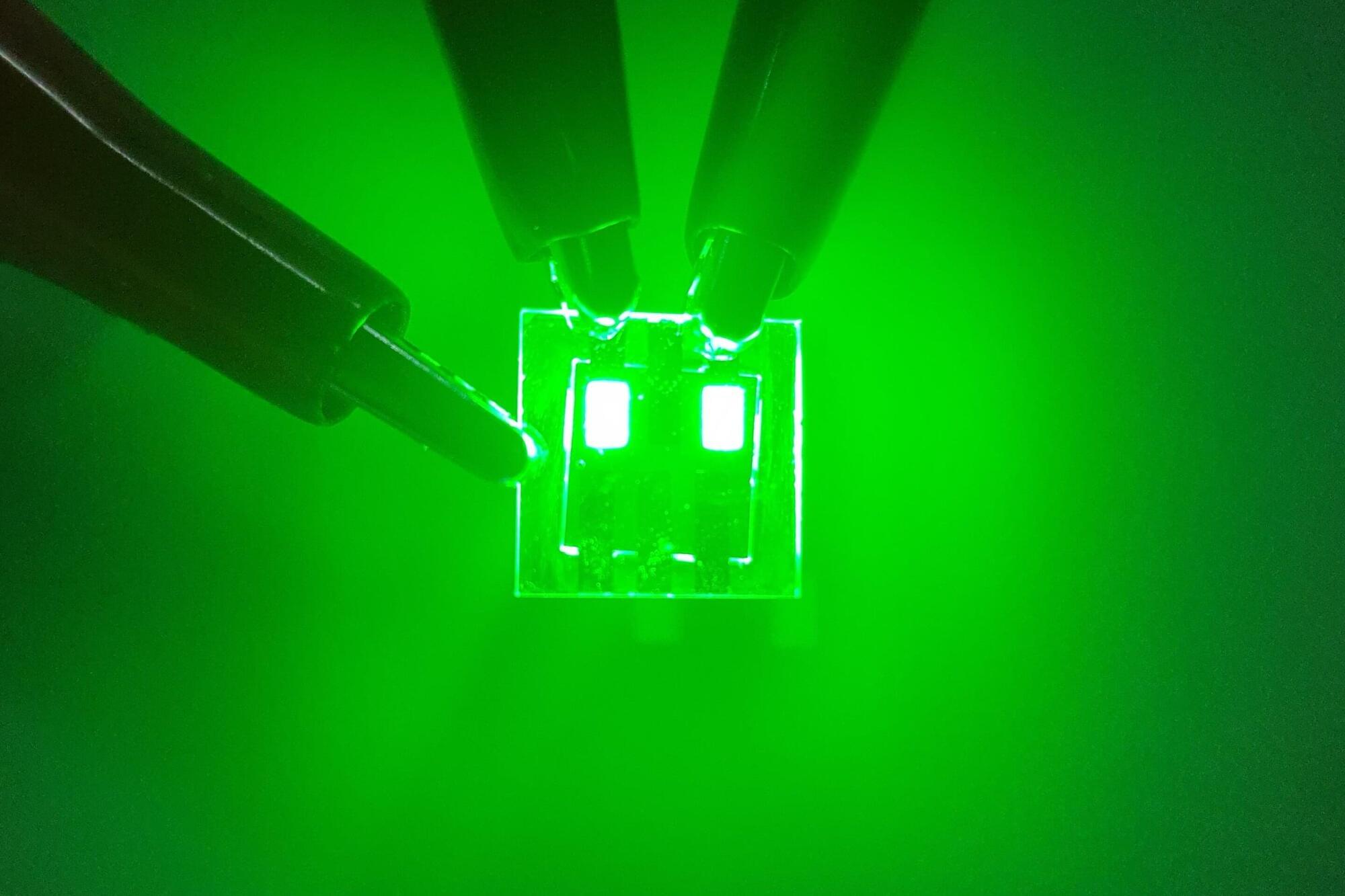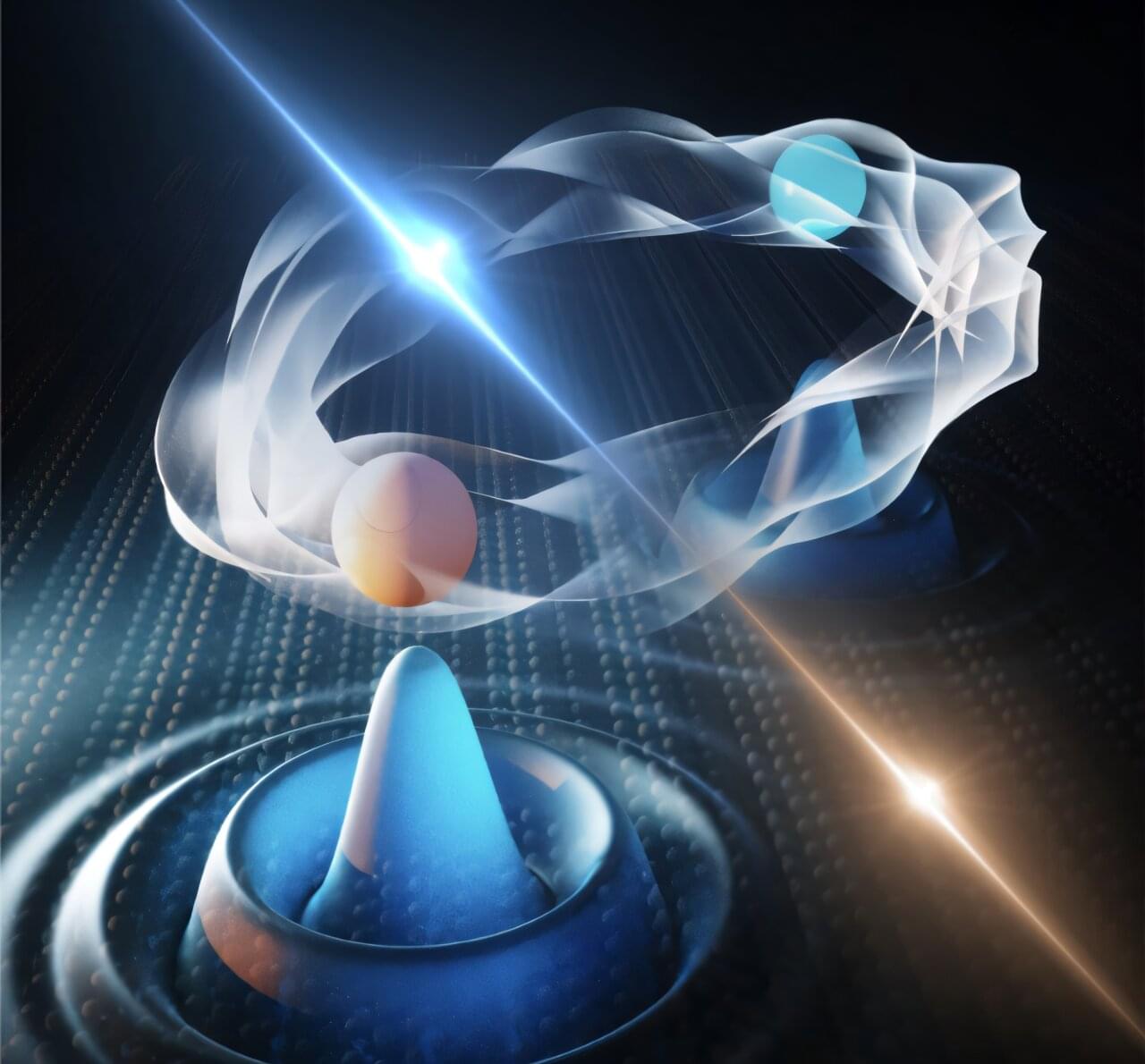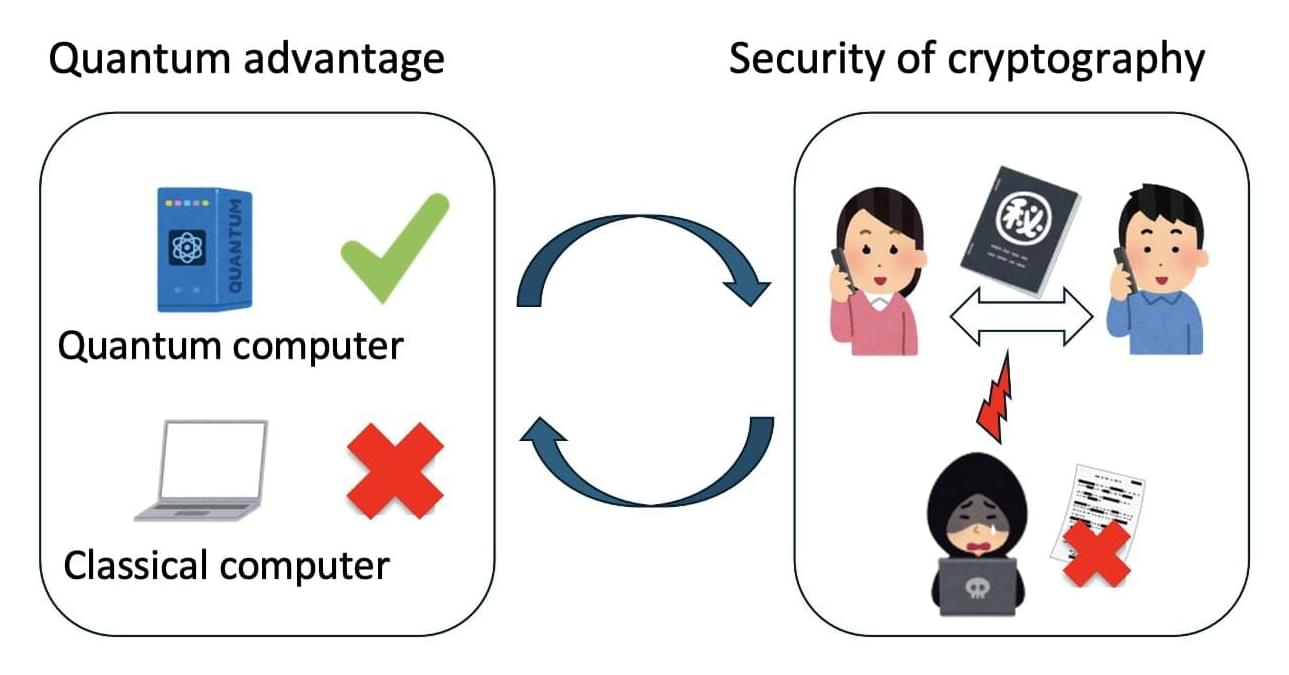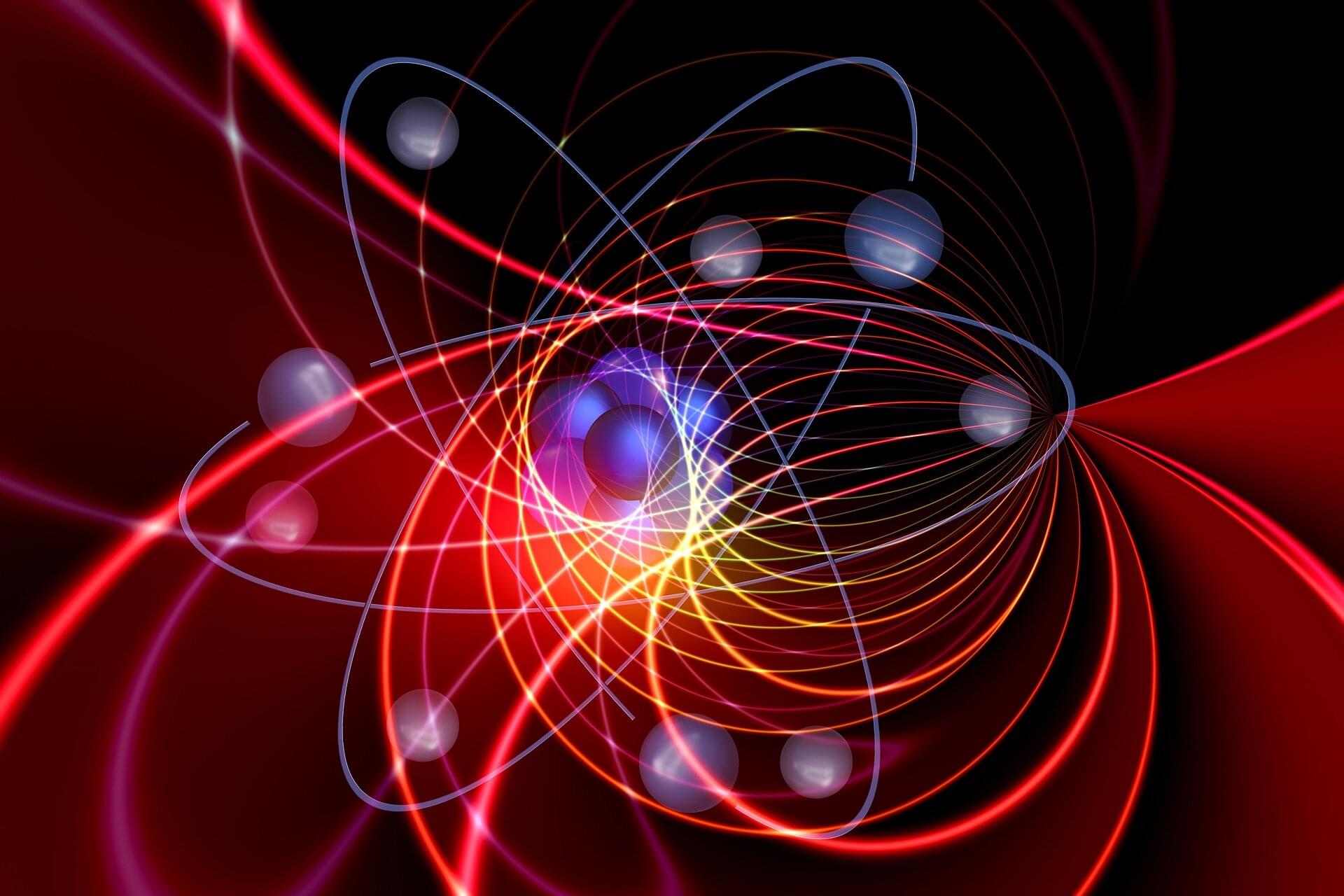A team of scientists has developed a powerful new way to detect subtle magnetic signals in common metals like copper, gold, and aluminum—using nothing more than light and a clever technique. Their research, recently published in Nature Communications, could pave the way for advances in everything from smartphones to quantum computing.
For over a century, scientists have known that electric currents bend in a magnetic field—a phenomenon known as the Hall effect. In magnetic materials like iron, this effect is strong and well understood. But in ordinary, non-magnetic metals like copper or gold, the effect is much weaker.
In theory, a related phenomenon—the optical Hall effect—should help scientists visualize how electrons behave when light and magnetic fields interact. But at visible wavelengths, this effect has remained far too subtle to detect. The scientific world knew it was there, but lacked the tools to measure it.
